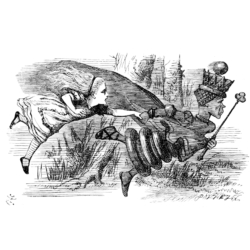To provide the best experiences, we use technologies like cookies to store and/or access device information. Consenting to these technologies will allow us to process data such as browsing behaviour or unique IDs on this site. Not consenting or withdrawing consent, may adversely affect certain features and functions.
The technical storage or access is strictly necessary for the legitimate purpose of enabling the use of a specific service explicitly requested by the subscriber or user, or for the sole purpose of carrying out the transmission of a communication over an electronic communications network.
The technical storage or access is necessary for the legitimate purpose of storing preferences that are not requested by the subscriber or user.
The technical storage or access that is used exclusively for statistical purposes.
The technical storage or access that is used exclusively for anonymous statistical purposes. Without a subpoena, voluntary compliance on the part of your Internet Service Provider, or additional records from a third party, information stored or retrieved for this purpose alone cannot usually be used to identify you.
The technical storage or access is required to create user profiles to send advertising, or to track the user on a website or across several websites for similar marketing purposes.
 Data privacy is the biggest concern around implementing GenAI in the workplace, a new survey claims. The poll from careersinaudit.com suggests that data privacy is the biggest ethical concern people have when it comes to utilising GenAI tools in the workplace, with 53 percent of respondents citing it as the biggest risk. The survey asked audit and governance professionals about how AI is being implemented in their respective organisations, their attitudes towards the tech and what their biggest concerns are with using the tools. (more…)
Data privacy is the biggest concern around implementing GenAI in the workplace, a new survey claims. The poll from careersinaudit.com suggests that data privacy is the biggest ethical concern people have when it comes to utilising GenAI tools in the workplace, with 53 percent of respondents citing it as the biggest risk. The survey asked audit and governance professionals about how AI is being implemented in their respective organisations, their attitudes towards the tech and what their biggest concerns are with using the tools. (more…)

































February 20, 2025
We may think we are pretty aware of the effects of AI. But posterity may draw different conclusions
by Jo Sutherland • AI, Comment, Wellbeing